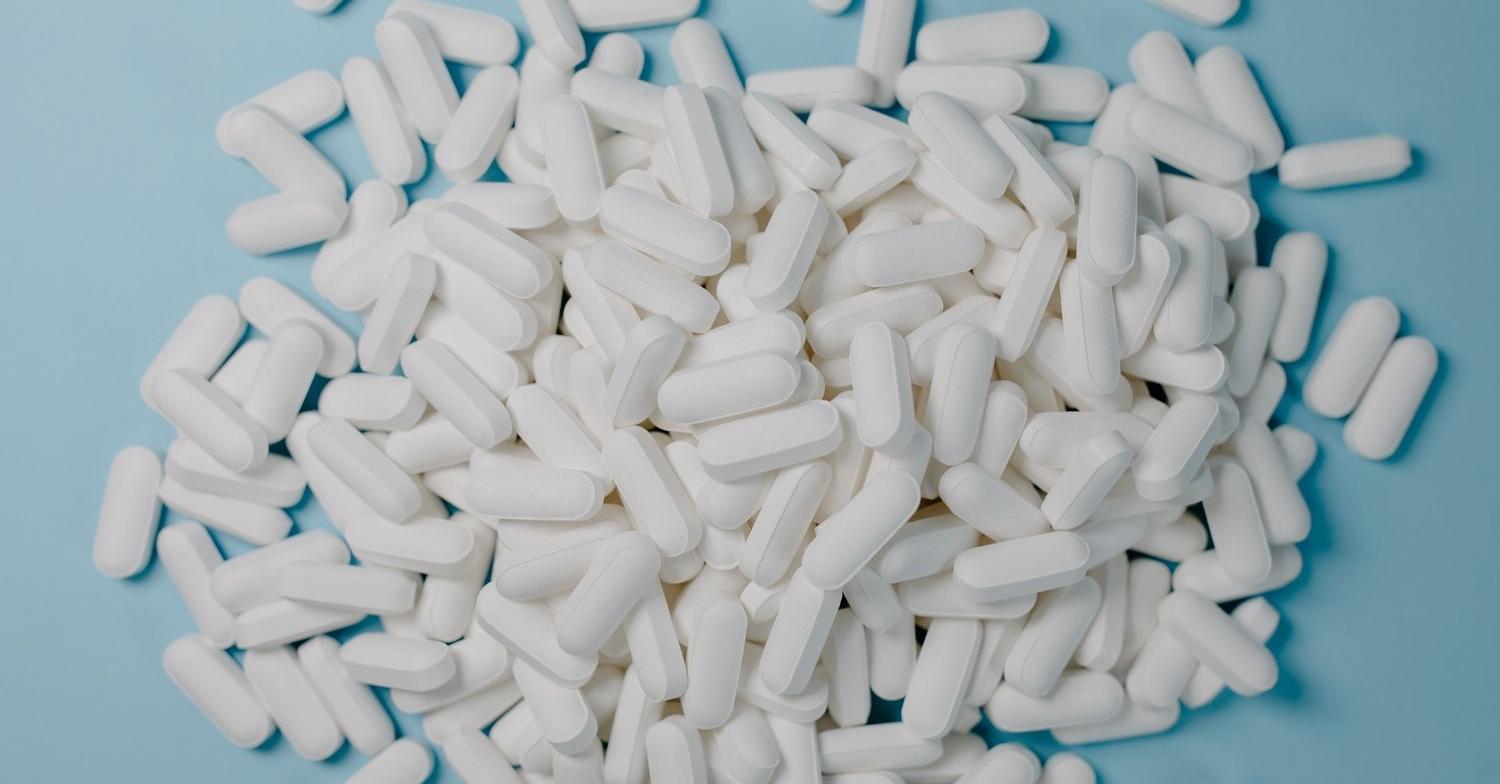Are you curious to know what is gas station heroin? You have come to the right place as I am going to tell you everything about gas station heroin in a very simple explanation. Without further discussion let’s begin to know what is gas station heroin?
In the realm of illicit drugs, the landscape is constantly evolving, and new substances are emerging at an alarming rate. One such alarming development in recent years has been the rise of a dangerous and deadly drug known as “Gas Station Heroin.” This name alone is enough to send shivers down one’s spine, and for good reason. In this blog, we will delve into what Gas Station Heroin is, why it poses a significant threat to public health, and what can be done to address this growing concern.
What Is Gas Station Heroin?
Gas Station Heroin is not a distinct type of heroin but rather a colloquial term used to describe a particular form of synthetic opioids, often found in convenience stores, gas stations, and other retail outlets. These synthetic opioids are designed to mimic the effects of traditional opioids like heroin and prescription painkillers, such as oxycodone and hydrocodone. The key difference lies in their chemical composition, which allows manufacturers to produce these drugs more easily and clandestinely.
Why Is It Called “Gas Station Heroin”?
The term “Gas Station Heroin” emerged due to the alarming accessibility of these synthetic opioids in places like gas stations, convenience stores, and online markets. Unlike traditional heroin, which is typically sold on the streets and carries a significant level of risk and criminal involvement, Gas Station Heroin is marketed as a legal or “designer” drug, making it readily available to anyone who seeks it.
The Dangers Of Gas Station Heroin
- Lack of Regulation: One of the most significant dangers of Gas Station Heroin is the absence of regulation. These drugs are often marketed as herbal supplements or other innocuous products, making it easy for manufacturers to evade legal scrutiny. Consequently, users have no way of knowing the exact composition or potency of what they are consuming, leading to a high risk of overdose and death.
- Potency and Variability: Gas Station Heroin can vary widely in potency, and even small variations in dosage can have life-threatening consequences. Users may inadvertently ingest a lethal dose, thinking they are using a safer alternative to traditional opioids.
- Addictiveness: Like traditional opioids, Gas Station Heroin can be highly addictive. Users who start with casual use may quickly find themselves trapped in a cycle of dependency, further exacerbating the opioid crisis.
- Health Risks: The use of synthetic opioids can lead to a range of health problems, including respiratory depression, infectious diseases (due to injection drug use), and mental health issues. The lack of medical oversight and proper labeling only compounds these risks.
Addressing The Issue
- Education and Awareness: Raising awareness about the dangers of Gas Station Heroin is crucial. Communities, healthcare professionals, and law enforcement agencies should work together to educate the public about the risks associated with synthetic opioids and the importance of seeking help for substance use disorders.
- Regulation and Enforcement: Authorities must take a proactive approach to regulate and control the sale of these substances. Stricter laws and regulations can help curb their availability in gas stations and other retail outlets.
- Access to Treatment: It is essential to provide accessible and affordable treatment options for individuals struggling with substance use disorders. Expanding access to medication-assisted treatment and counseling services can be a significant step in addressing the addiction crisis.
Conclusion
Gas Station Heroin represents a disturbing and evolving facet of the opioid epidemic. Its accessibility, lack of regulation, and potential for harm make it a grave public health concern. To combat this issue effectively, we must combine efforts to raise awareness, regulate sales, and provide support and treatment for those affected by synthetic opioid addiction. Only through a comprehensive approach can we hope to mitigate the damage caused by Gas Station Heroin and protect the well-being of our communities.
You can search more about the capitals of various countries on Webcapi.
FAQ
What Are Gas Station Pills Slang?
Tianeptine, also known as gas station heroin, is an unapproved antidepressant drug in the U.S. that is being sold online and in gas stations as a dietary supplement.
Is Zaza Addicting?
Tianeptine has been shown to have a high potential for addiction, especially when misused for its opioid-like effects.
What Is Zaza Pills?
Tianeptine is a tricyclic antidepressant, the main ingredient in Zaza Red, known as gas station heroin. It is typically sold in capsules but can be bought online in tablet or powder form. Common names for this drug are Zaza, Red Dawn, and Tianna.
What Are The Side Effects Of Tianeptine?
Possible side effects of tianeptine include nausea, constipation, abdominal pain, headache, light-headedness, and changes in dreaming.
I Have Covered All The Following Queries And Topics In The Above Article
Gas Station Heroin What Is It
What Is Gas Station Heroin?
What Is Gas Station Heroin Called
What Is Gas Station Heroin Zaza
What Is Gas Station Heroin
What is tianeptine used for
